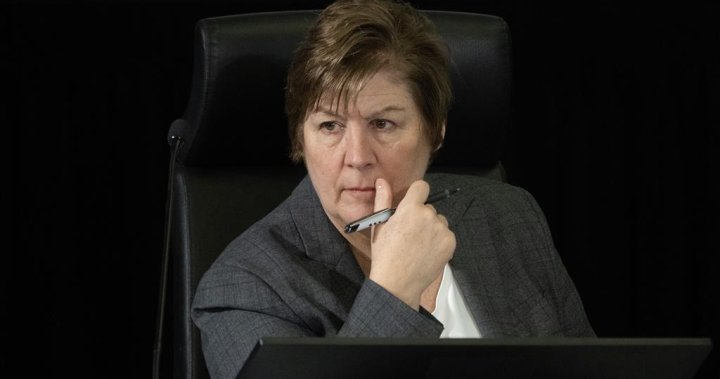The preliminary report of the federal public inquiry led by Commissioner Marie-Josée Hogue revealed that certain political candidates in Canada’s 2019 federal election were willing to cooperate with foreign interference schemes. While these efforts did not ultimately change the outcome of the election, they were labeled as a stain on Canada’s electoral process. The report highlighted foreign interference operations involving individuals affiliated with the People’s Republic of China (PRC), who were connected to political candidates and staff. These actors engaged in covert activities, with some candidates appearing willing to participate in foreign interference-related activities.
The report outlined troubling instances of foreign states attempting to interfere in Canada’s democratic elections, including receiving financial support from Chinese officials for foreign interference-related purposes. The Canadian Security Intelligence Service concluded that China’s interference in the 2021 election was likely motivated by the Conservative Party’s stance on Beijing. Additionally, there were reports of a proxy agent of the government of India attempting to provide financial support to Canadian candidates in 2021. The report also raised concerns about manipulation in a nomination contest in Toronto in 2019, with international students potentially being bussed in to support a candidate.
Despite the foreign interference not changing the election outcomes in 2019 and 2021, Commissioner Hogue emphasized that these activities could have negative impacts on the democratic process. Hogue expressed the need for robust measures to detect and counter foreign interference, as it continues to occur and may increase in the future. The inquiry, which involved testimony from various witnesses and the review of classified documents, aimed to shed light on the extent of foreign interference in Canadian elections.
The report indicated that the People’s Republic of China was identified as the main perpetrator of foreign interference in Canadian democracy. While Beijing was described as agnostic about which party leads Canada, it sought to support candidates seen as pro-China. One specific case highlighted in the report involved alleged interference in a Liberal nomination in 2019, where Chinese international students were reportedly bused in to support a candidate. The incident raised concerns about the lack of oversight in federal nominations, which could potentially be exploited by foreign states.
Foreign interference disproportionately affects members of diaspora communities in Canada, discouraging them from participating in politics and facing disinformation campaigns if they enter public life. Commissioner Hogue stressed that these experiences are not just facts but the lived reality of many Canadians who should have the right to enjoy the same freedoms as others in Canadian society. The report emphasized the need to address these challenges to protect the integrity of the democratic process and ensure equal rights and freedoms for all members of Canadian society. It remains to be seen what further actions will be taken to address these findings and mitigate the impact of foreign interference on Canadian elections.













